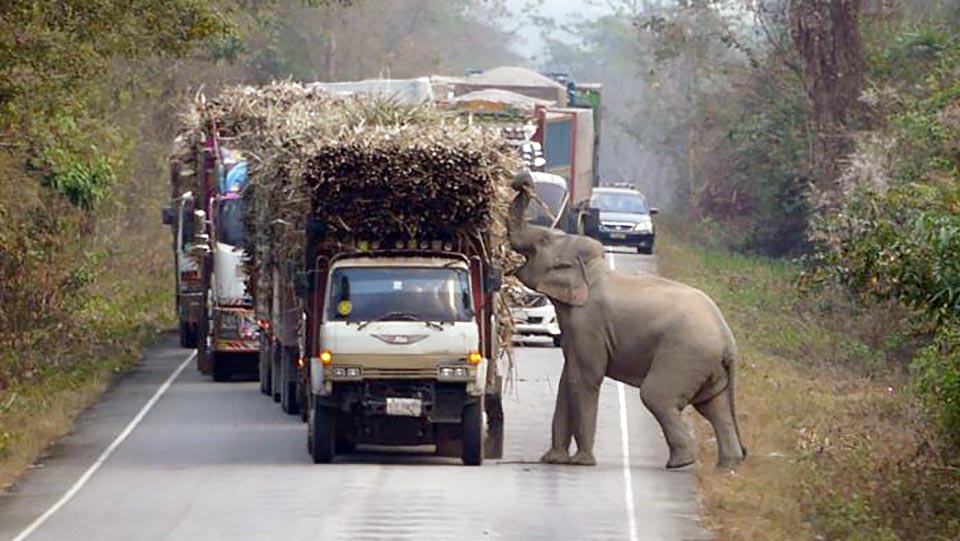
The Department of National Parks, Wildlife, and Plant Conservation (DNP) has developed a 10-year action plan to reduce human-elephant conflicts that have occurred in areas where elephants and local residents share the same habitats and compete for the same resources.
On May 26, 1998, the government declared March 13 as National Elephant Day in order to raise awareness about the animal’s importance to society.
According to the DNP, human-elephant conflicts occur primarily in rice, corn, and cassava fields near elephant habitats, sometimes resulting in elephant deaths due to electric fences or gunshots.
To commemorate National Elephant Day on Mar 14, the DNP launched a campaign to remove harmful hunting traps from forests nationwide that injure or kill elephants. The agency also said poaching remains a major threat to wild elephants. Other issues confronting the animals include habitat loss and land degradation as a consequence of human encroachment.
The DNP’s 2020-2029 action has been launched to provide food and water resources, as well as a friendly environment, for elephants living in protected forest zones. It also aims to create a better understanding of elephants in nearby local communities so as to prevent wild elephants from encroaching on farming areas.
Weerapong Korawa, chief of the Khao Aung Rue Nai Wildlife Sanctuary Park in Chachoengsao province, one of the country’s hotspots for human-elephant conflicts, said the DNP’s 10-year action plan has yielded some positive results, particularly in improving understanding among local community members.
Weerapong added that pushing wild elephants back into the deep forests is important, as it prevents the animals from leaving their natural habitats to forage for crops in the Eastern Forest Complex.
Saengtien Krasaeto, assistant to the Sa Laung village chief in Sa Kaeo’s Wang Nam Yen district, said locals in the province are patroling farming areas where wild elephant sightings have been reported with rangers and forestry officials. (NNT)
 |
 |
 |





